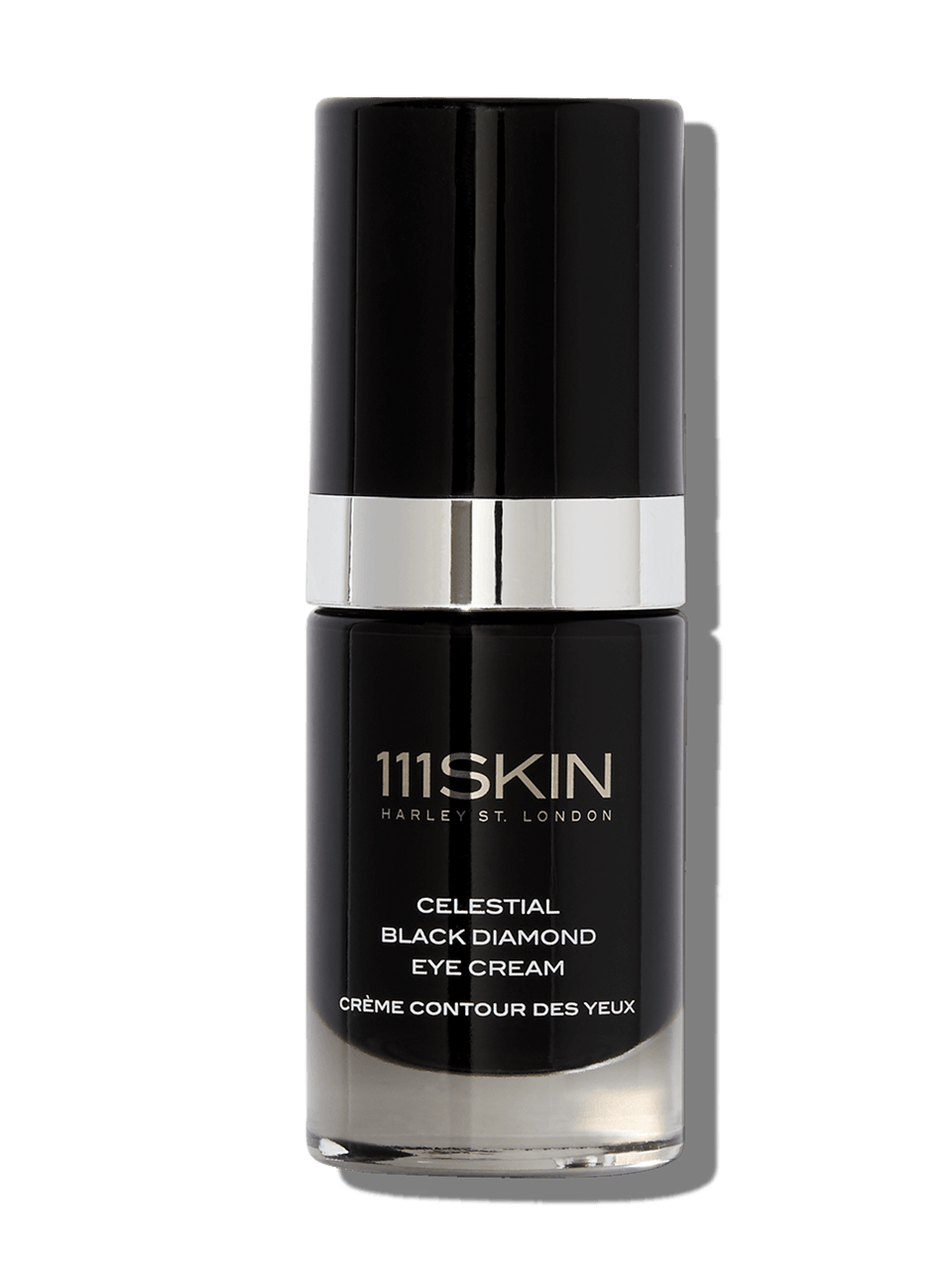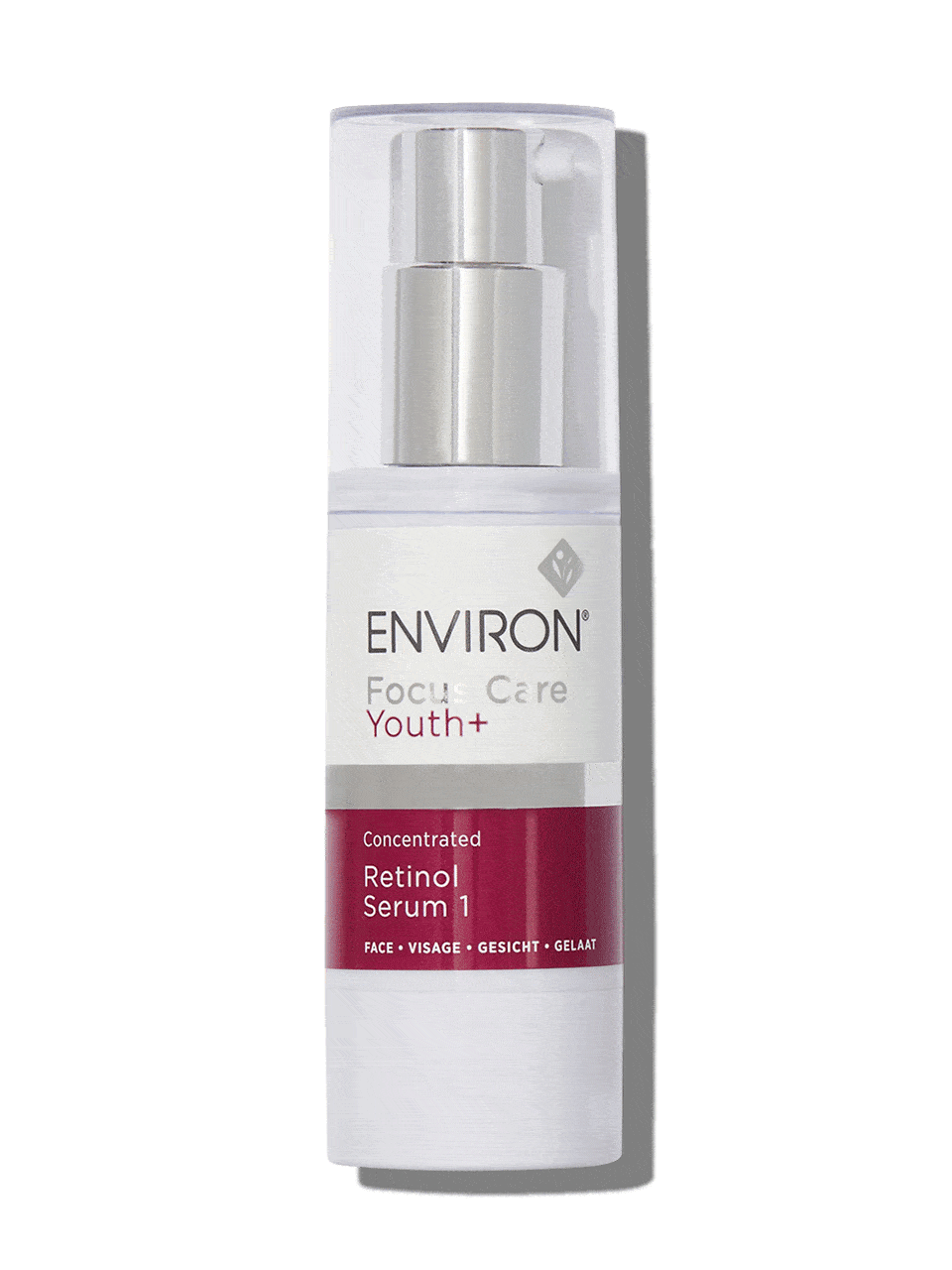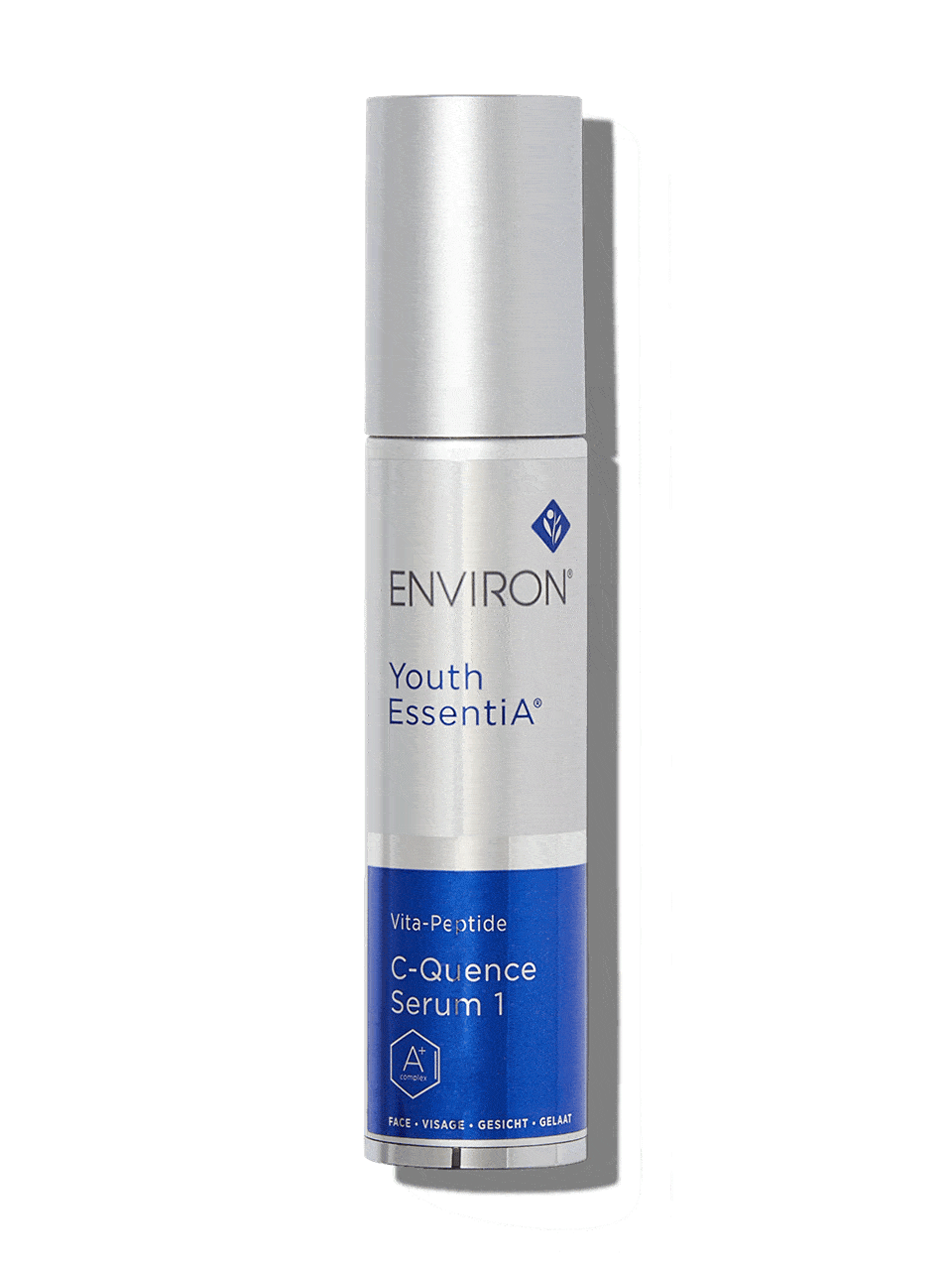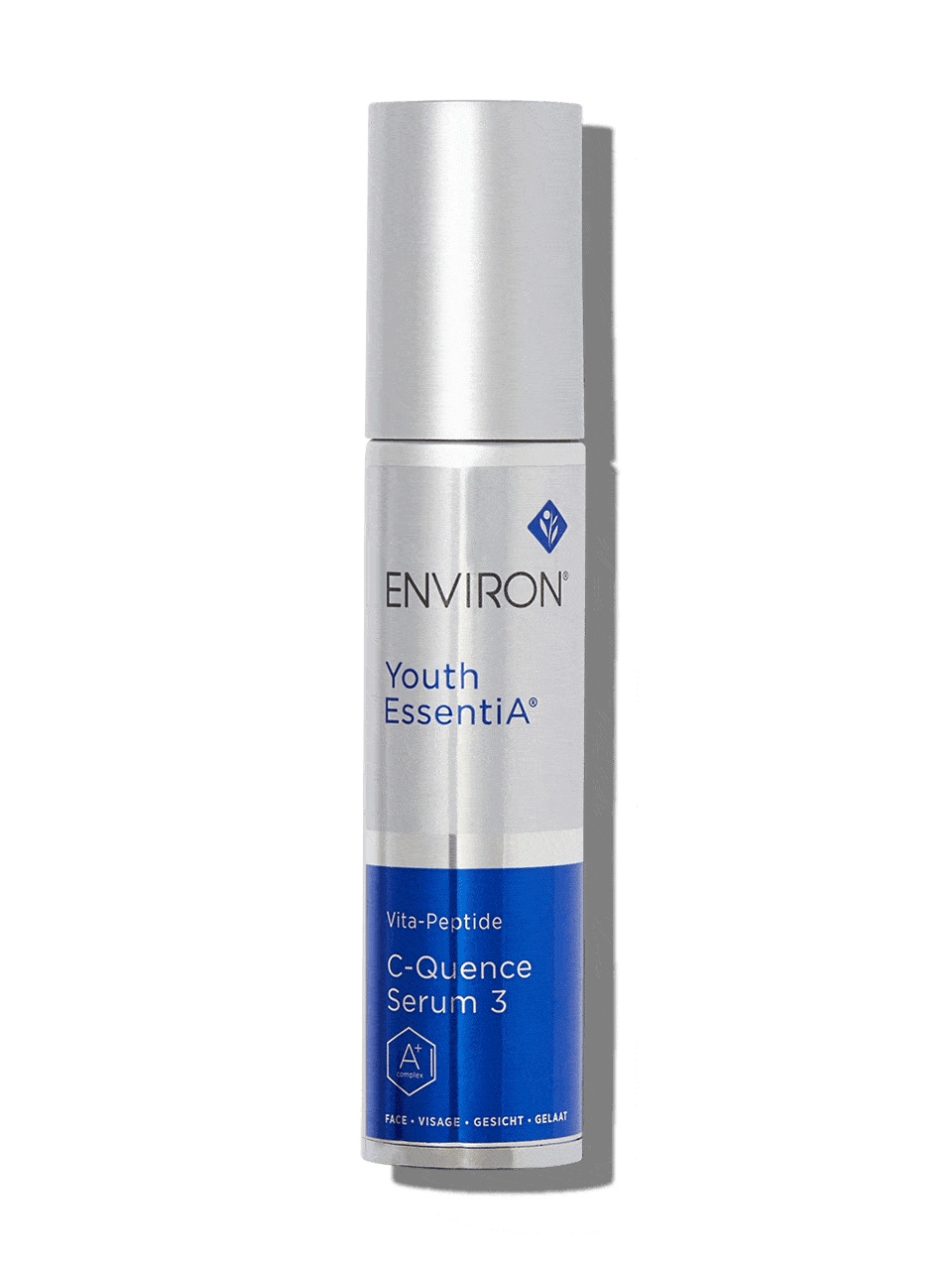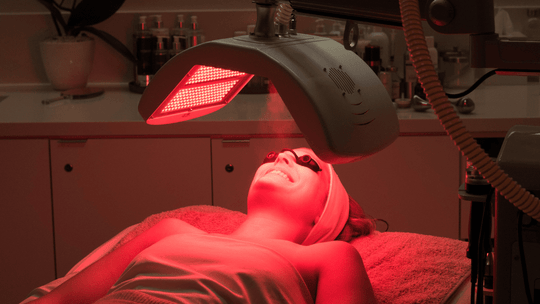Hero Skincare Ingredient: Retinol

In a skincare market saturated with products that claim to eliminate wrinkles, plump skin, erase sun damage and so much more, it can be hard to separate scientifically based claims from marketing shams.
But if there’s one thing that medical professionals seem to agree on, it’s that retinol is effective in reducing the signs of aging.
A brief history of retinol
In the late 1960s, American dermatologist Dr. Albert Klingman discovered that tretinoin – which is part of a class of vitamin A derivatives known as retinoids – was a highly effective treatment for acne. It was marketed as Retin-A and it’s still available to treat problem skin today.
But when some of Dr. Klingman’s patients started to notice that their skin was becoming smoother, less wrinkled and less blotchy, he realized that retinoids were also potent anti-aging compounds. This landmark finding led him to develop another tretinoin cream called Renova to fight what he called “photoaging” due to sun exposure.
Today, tretinoin (also known as retinoic acid) is available in prescription strength from a dermatologist or in its much gentler form, retinol, in over-the-counter products. Retinol converts into retinoic acid once it’s applied to the skin, and while it’s not as potent as its prescription cousin, there’s plenty of scientific evidence to prove that it works.
One major review published in the journal Dermato-Endocrinology in 2012 concluded that retinol has positive effects not only on extrinsic aging (photoaging), but also on intrinsic skin aging (chronological aging), and it has a strong positive effect on collagen metabolism.
What are the different forms of vitamin A?
Confused about the difference between retinoids, retinol, retinoic acid and tretinoin? Here’s a quick guide to the various forms of vitamin A.
Retinoids: Retinoids are derivatives of vitamin A. They include retinoic acid (also called tretinoin) and retinol.
Retinoic acid (tretinoin): This is a potent retinoid found in prescription creams. While it’s very effective, it can cause redness and irritation during the first couple of weeks of use until the skin adapts to it.
Retinol: Chemically an alcohol, retinol is a gentler version of retinoic acid found in over-the-counter products. It may still cause some skin irritation.
Retinyl palmitate: A combination of the ester of retinol and palmitic acid (a saturated fatty acid), retinyl palmitate converts to retinol and then to retinoic acid once it’s applied to the skin. Because it’s even gentler than retinol, it can be used by people with sensitive skin.
Retinyl acetate: This is another ester of retinol which is also less irritating than retinol and retinoic acid.
How does retinol work?
Retinoids – including retinol – speed up the turnover of skin cells, eliminating sun spots and improving the texture of the skin. They also reduce the breakdown of collagen, which helps the skin maintain its firmness and elasticity, and minimize the appearance of wrinkles. Because of the important body of scientific evidence to support the efficacy of retinoids, they’re highly recommended by dermatologists to fight the signs of aging.
How should retinol be used?
Start by applying a pea-sized amount of an over-the-counter retinol product to your face every second night. It’s best to start slowly because retinol can cause irritation for the first two weeks until your skin gets used to it. You can use moisturizer to combat dryness during this initial period.
Apply retinol at night because sunlight can reduce its effectiveness, and always use a sunscreen with an SPF of 30 or higher while using retinoids because they can make your skin more sensitive to the sun.
What should I look for on the label and when can I expect results?
Over-the-counter products generally don’t state how much retinol they contain, but they range between 0.5 per cent and 1 per cent retinol. You should start to see noticeable results within three to six months of daily use. Prescription retinoids can start to work in six to eight weeks.

Biologique Recherche
Cocktail d'Actifs Regenerants
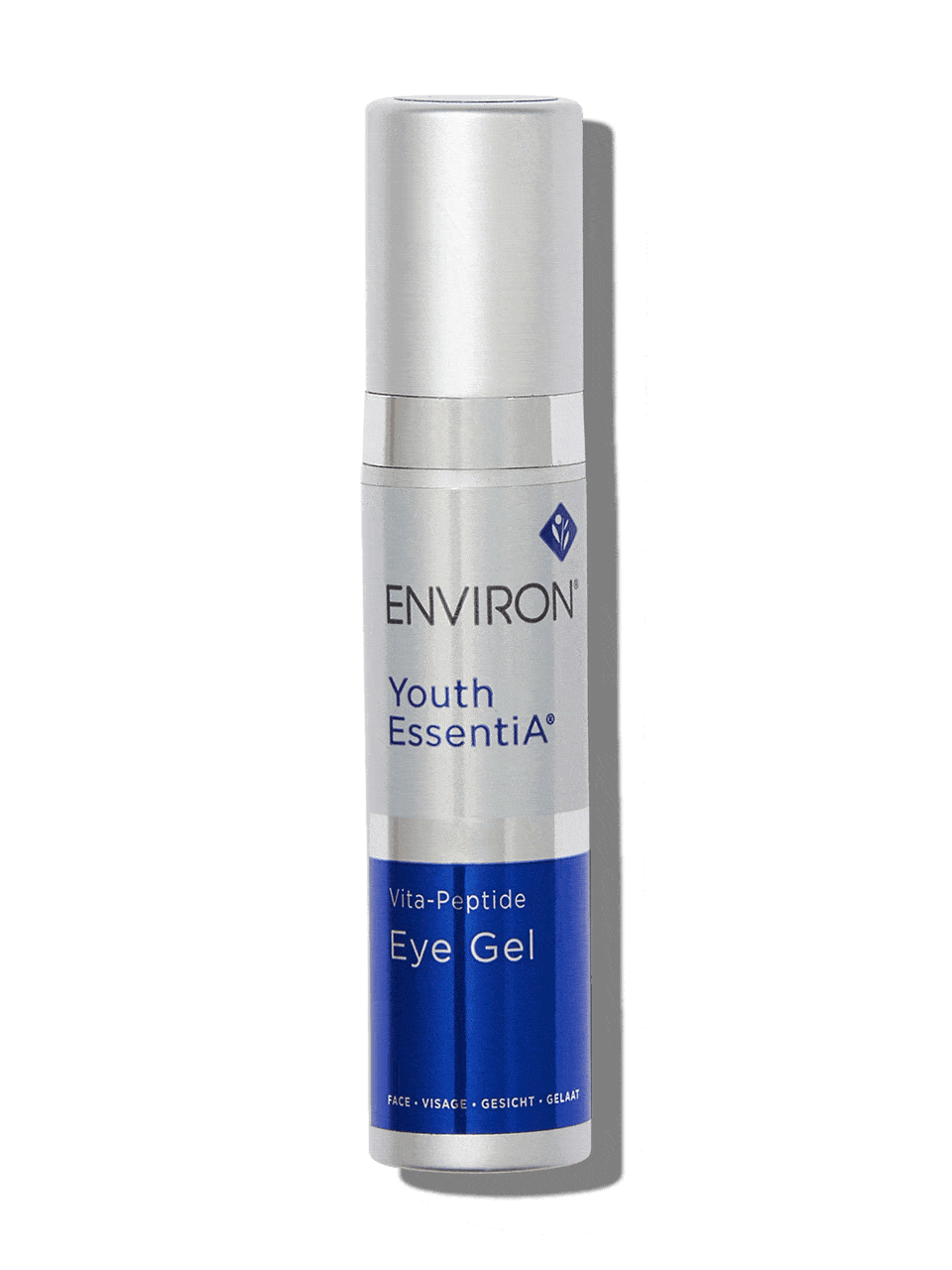
Environ
Vita-Peptide Eye Gel
